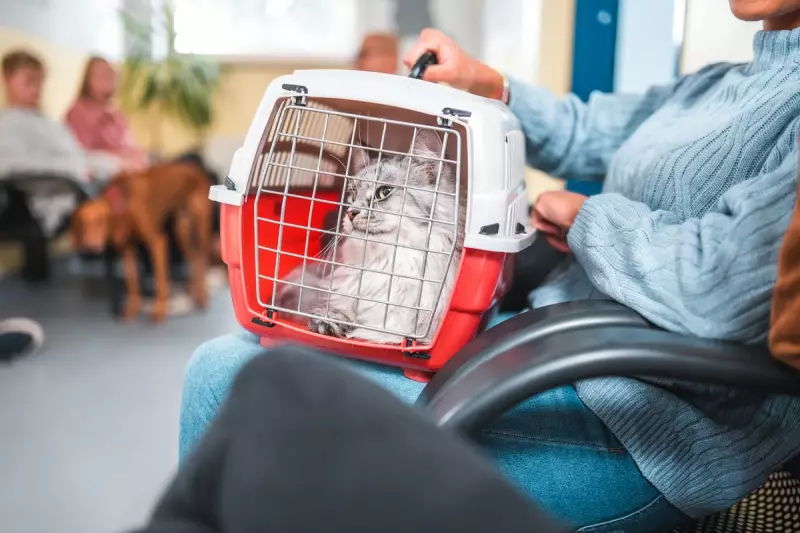
As our beloved feline companions enter their golden years, many cat owners may be unaware of a silent condition affecting millions of older cats: feline dementia. Veterinary experts are now urging pet owners to recognise the early warning signs of cognitive decline in ageing cats.
The Hidden Epidemic in Older Cats
Research indicates that more than half of cats aged 11-15 show signs of cognitive dysfunction, with the figure rising to a staggering 80% for cats aged 16-20. This condition, formally known as Feline Cognitive Dysfunction (FCD), mirrors dementia in humans and can significantly impact a cat's quality of life.
Key Warning Signs Every Cat Owner Should Watch For
Veterinary professionals highlight several behavioural changes that may indicate cognitive decline:
- Disorientation and confusion: Cats may appear lost in familiar surroundings or stare blankly at walls
- Changes in social behaviour: Increased clinginess or conversely, withdrawal from family members
- Altered sleep patterns: Night-time waking and increased vocalisation
- House-soiling issues: Forgetting litter tray training despite no medical issues
- Decreased activity levels: Reduced interest in play or exploration
What Causes Feline Cognitive Decline?
Similar to human dementia, FCD involves physical changes in the brain, including the accumulation of abnormal proteins that disrupt neural function. Age is the primary risk factor, though genetics and overall health also play significant roles.
Taking Action: How to Support Your Ageing Cat
While there's no cure for feline dementia, several strategies can help manage the condition and maintain your cat's quality of life:
- Environmental enrichment: Provide puzzle feeders and safe climbing opportunities to stimulate mental activity
- Consistent routines: Maintain regular feeding times and minimise household changes
- Veterinary consultation: Seek professional advice for potential medications or dietary supplements
- Comfort measures: Ensure easy access to food, water, and litter trays, particularly for cats with mobility issues
Early recognition of these symptoms is crucial for implementing management strategies that can slow progression and help your feline friend enjoy their senior years with dignity and comfort.





